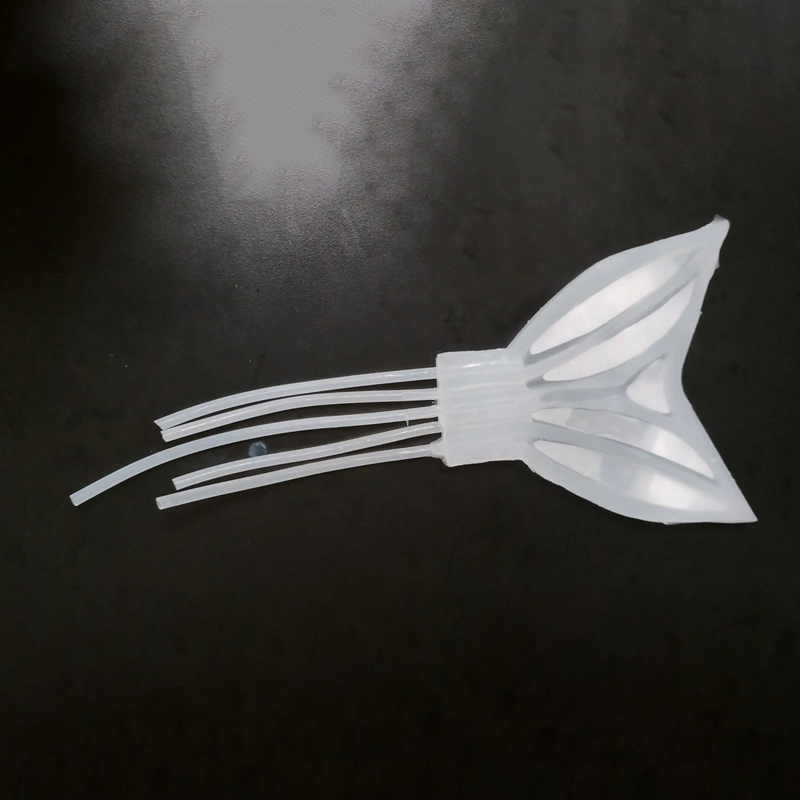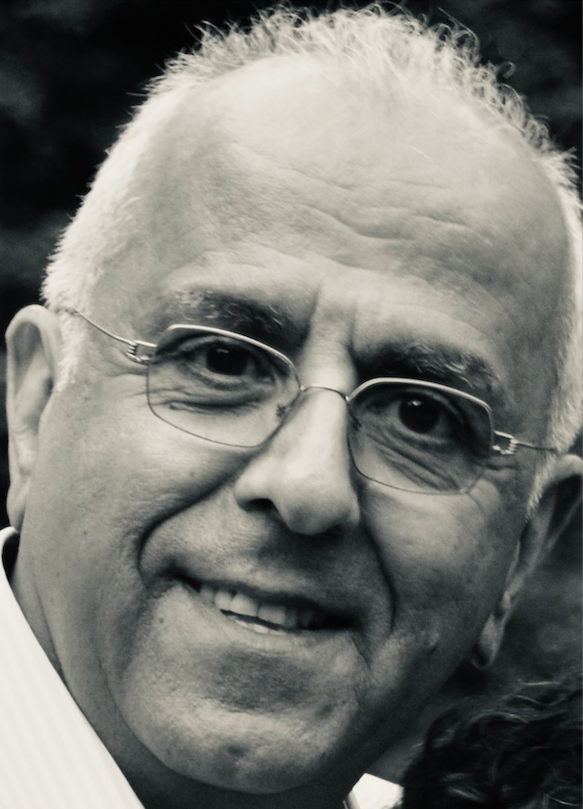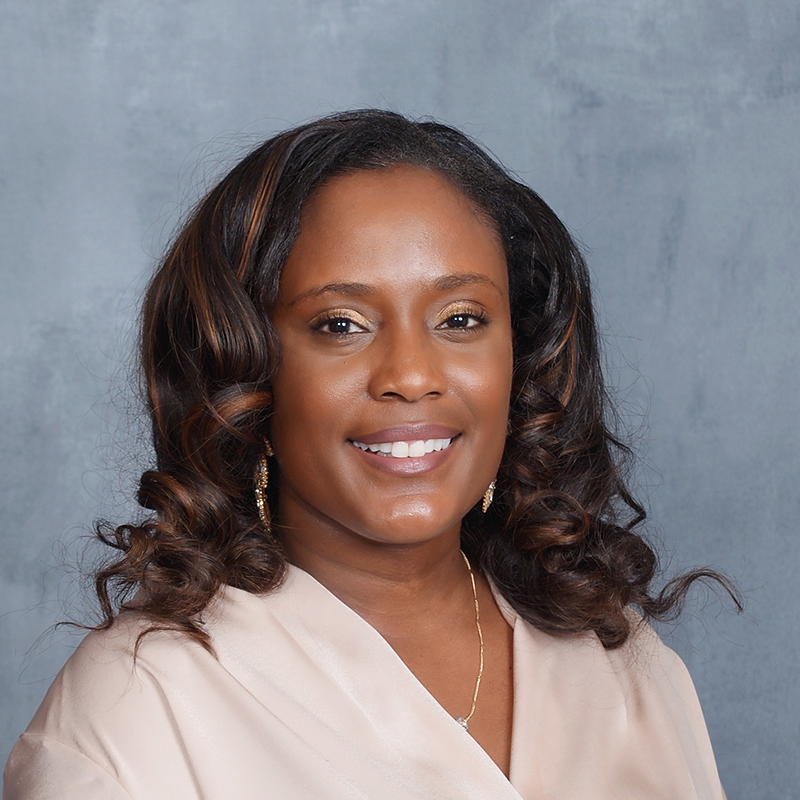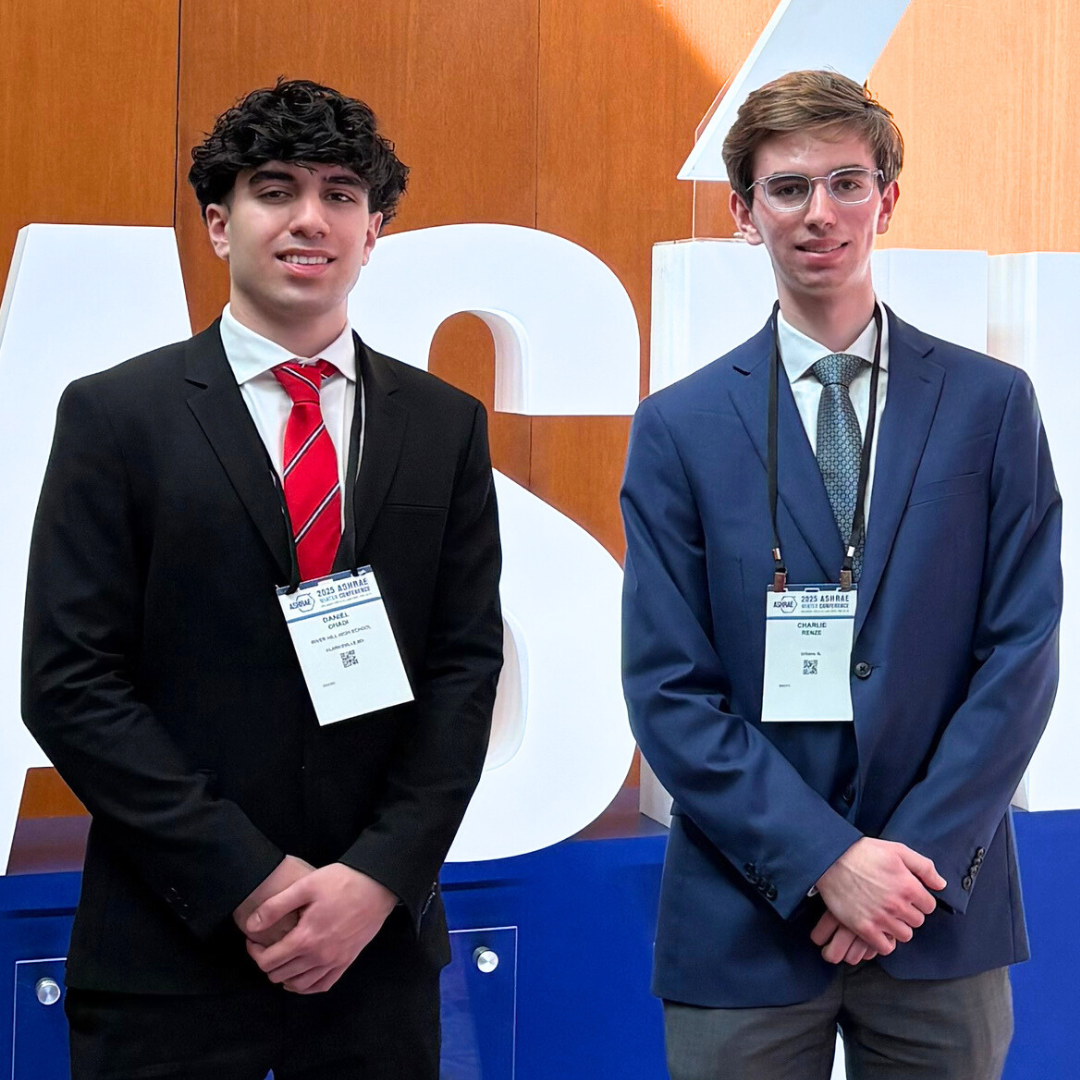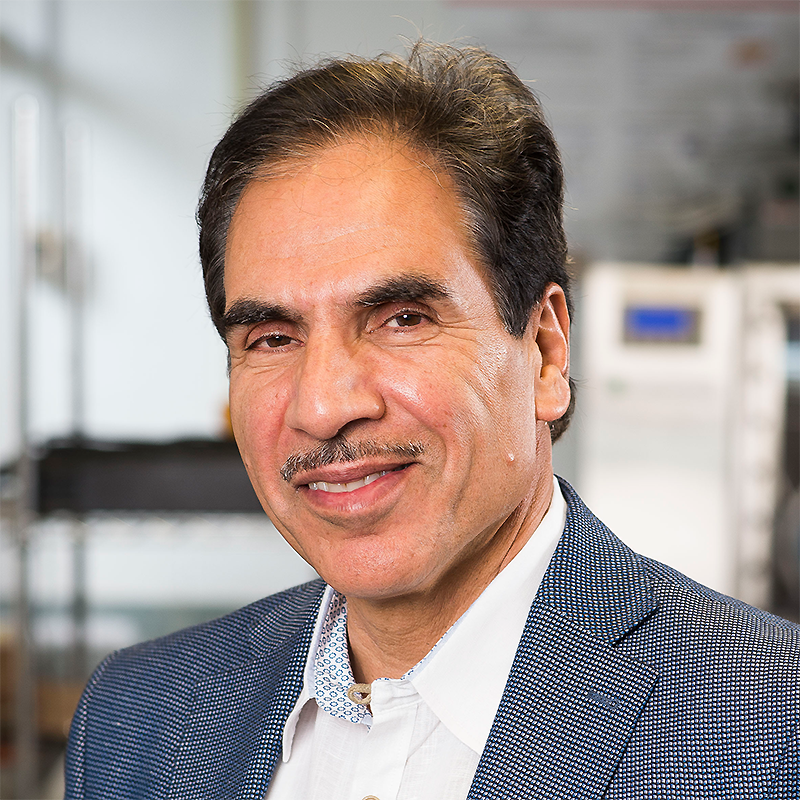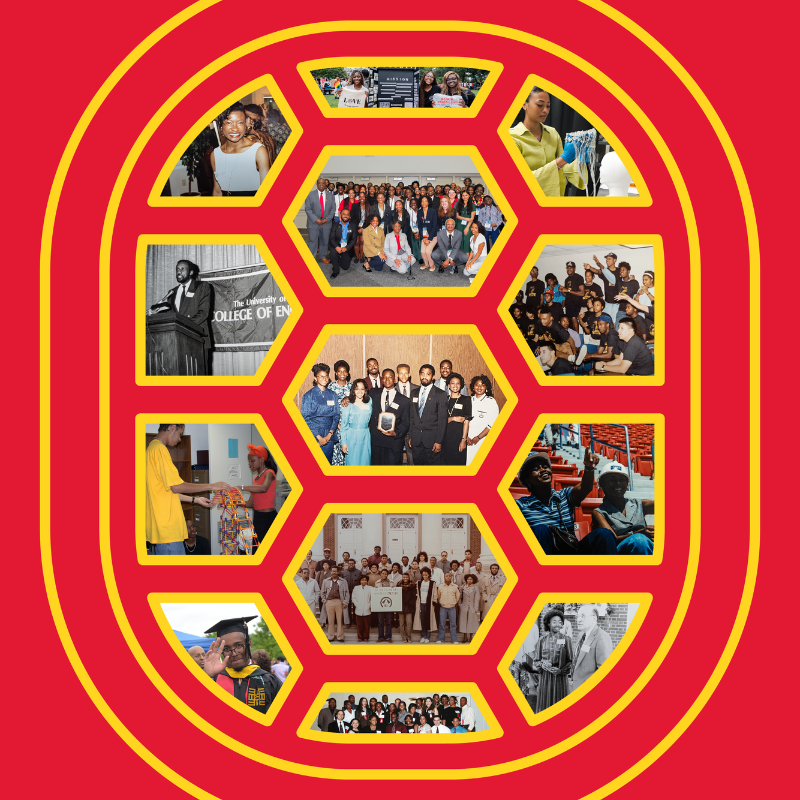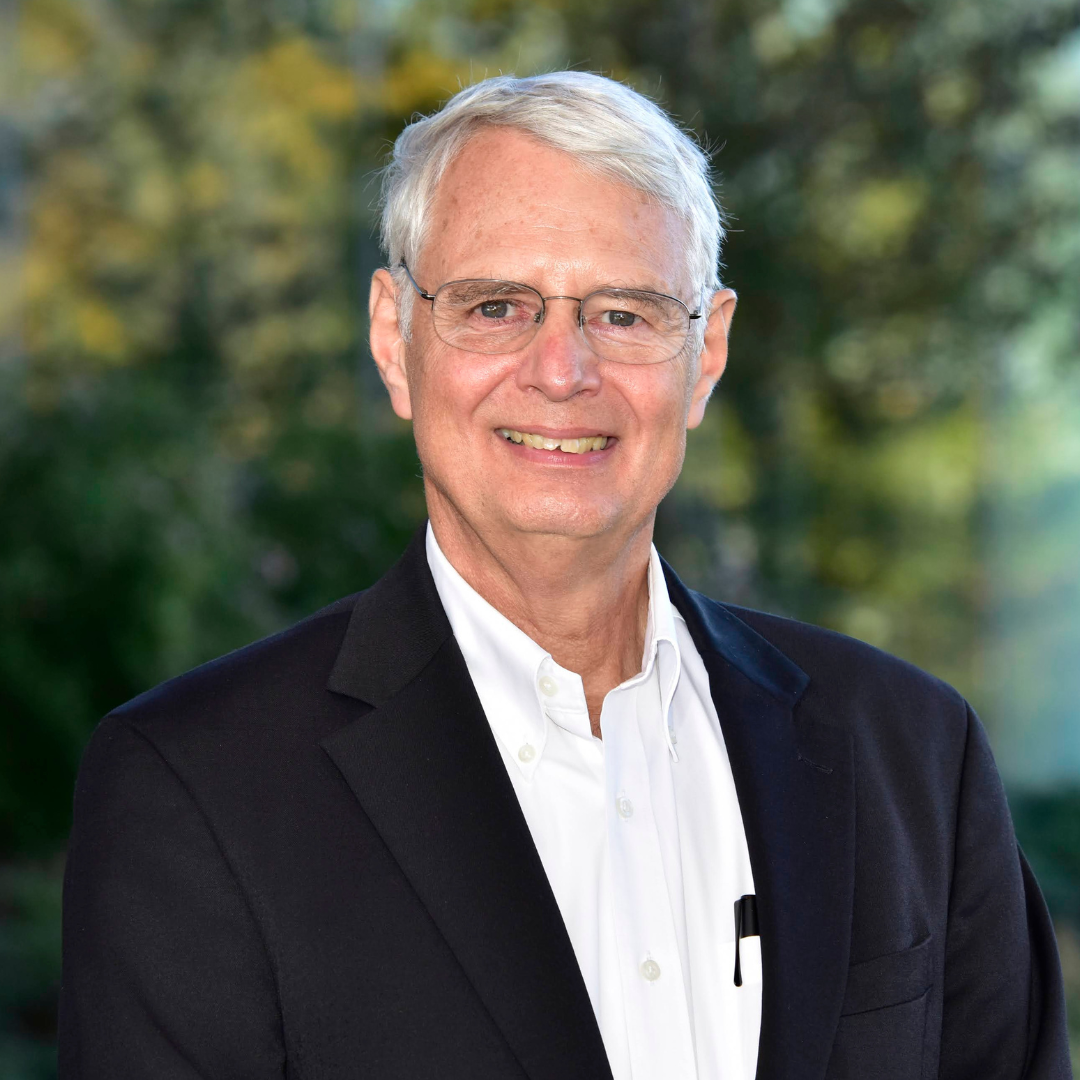News Story
Young Engineers Help Build Winning Football Team
Along with the Orange Bowl bound Terp football team, heading down to Miami on December 26 will be three mechanical engineering majors from Maryland's A. James Clark School of Engineering. No, they are not going to take measurements and perform calculations for the team—-they are players on the team, and not just the benchwarmers, either.
C.J. Feldheim, Andrew Smith, Jr., and Jeremy Wong are the three student-athletes in question. All mechanical engineering sophomores, they find the time to balance the rigors of the gridiron with the rigors of their chosen major.
"A Big Deal"
"This is a big deal for all of us," says Wong, a walk-on player from Brunswick High School in Frederick County's Knoxville, Md., about going to the Orange Bowl. "We're just taking it all in."
"It's so awesome I can't really describe it," adds Feldheim. Hailing from Hereford High School in Parkton, Md., Feldheim started all eleven 2001 season games for the Terps as a defensive tackle. "In high school, you really don't value the rarity that a championship is, especially playing at Hereford where success is expected. But coming here and being on a program that wasn't having too much success, then turning it around and having a very successful season—-it feels awesome."
The success Feldheim talks about has become the stuff of legends. Coach Ralph Friedgen, in his inaugural season as head coach, turned the 2000 season record of 5-6 to an impressive 10-1 for the 2001 season. One of the primary reasons for the team's success can be found in this 1969 Maryland alumnus' credo: discipline.
"He's a great guy, but he makes sure we have a lot of discipline, too. He runs a pretty tight show," says Feldheim.
And that discipline translates off the field, too. On combining his demanding practice schedule with an equally demanding practice and workout schedule, Feldheim says, "We have virtually no free time, and any time you do find you have to devote to studying and getting your work done, and it's hard. I try to get it done as best I can and just make sure I stick to my work."
Stick-to-It Attitude
That stick-to-it attitude is one of the reasons Feldheim was named to the Verizon Academic All-America All-District Football First Team. To be nominated, a student-athlete must be a starter or important reserve with at least a 3.0 cumulative grade point average (on a 4.0 scale) and have at least sophomore standing. Feldheim's GPA is a very respectable 3.51.
With an average high school GPA of 3.86 and SATs over 1300, students entering the mechanical engineering program are among the best and the brightest. First year classes such as calculus, physics, statics, and an innovative course called ENES 100: Introduction to Engineering Design, offer an exciting, innovative, and challenging experience for students. In ENES 100 students are introduced to the process skills associated with engineering design. Students work in teams, rather than just as individuals, to define requirements, design, manufacture, assemble, and quantitatively test a product.
Obviously, teamwork is nothing new to these student-athletes, who work as hard off the field—if not harder—as they do on.
Sophomores, including Feldheim, Smith, and Wong, continue with advanced calculus and physics, and are introduced to the many aspects of mechanical engineering, such as dynamics, thermodynamics, and mechanics of materials. As students progress through the program they take courses in fluid mechanics, vibration and controls, and integrated product and process development. They can even take courses in emerging technologies such as mechatronics, smart structures, electronic packaging, and microelectromechanical systems.
Undergraduate Research and Career Paths
Integral to all courses, however, is the opportunity to conduct research and work on projects with faculty, who serve as teachers, advisors, and mentors. Mechanical engineering undergraduates can also serve as Research Fellows and Teaching Fellows. "I'm going to look into it this summer and see what I can get into," says Wong enthusiastically.
Finally, electives taken in the senior year may be broad-based, or can be channeled into several Career Paths. Career Paths allow a student to select electives that reflect his/her particular interests in mechanical engineering.
And where was Andrew Smith during this interview? Taking a final exam, of course. For a mechanical engineering major, academics always come first.
by Patricia Congro Aquilina
Published December 20, 2001
